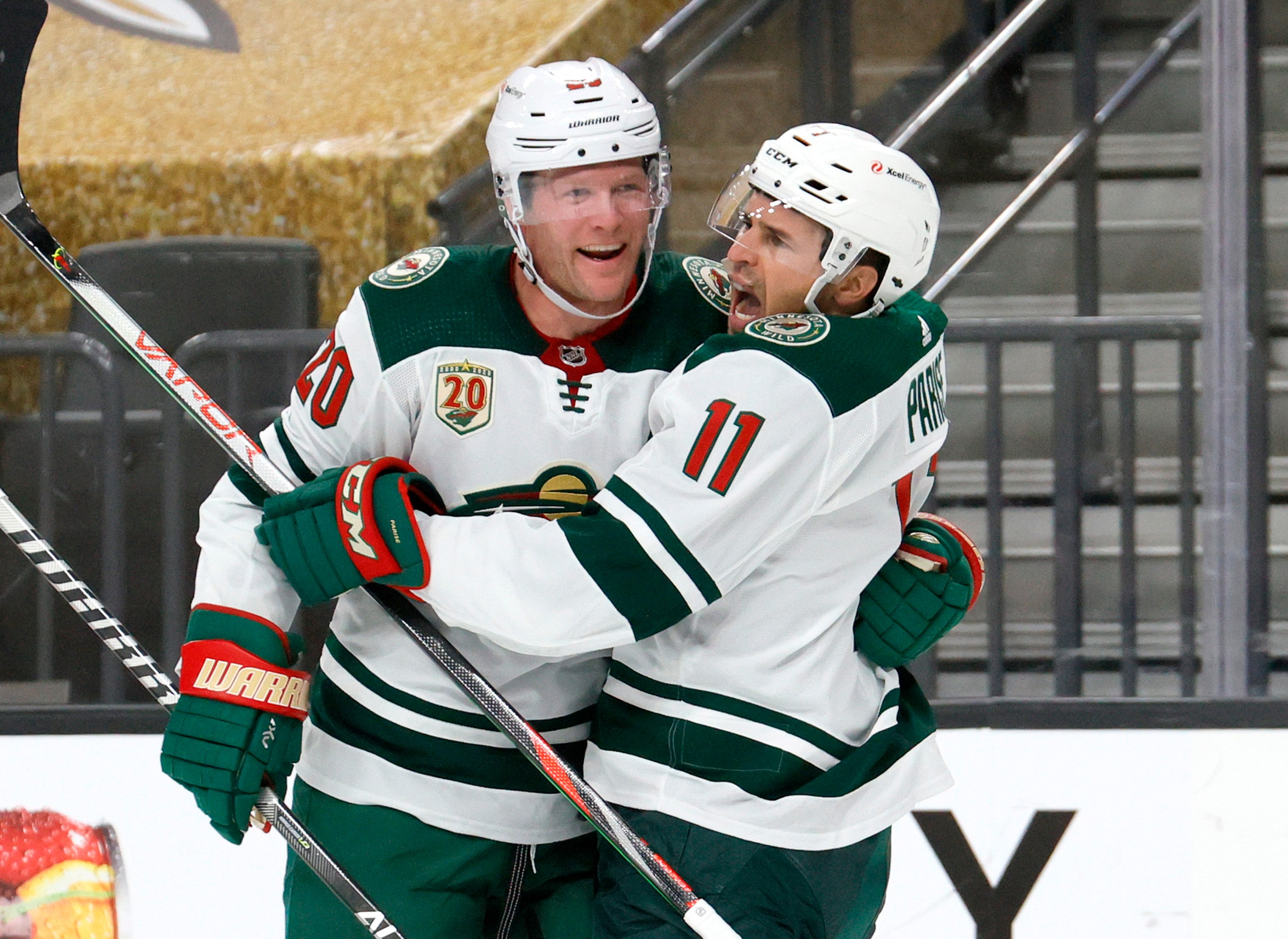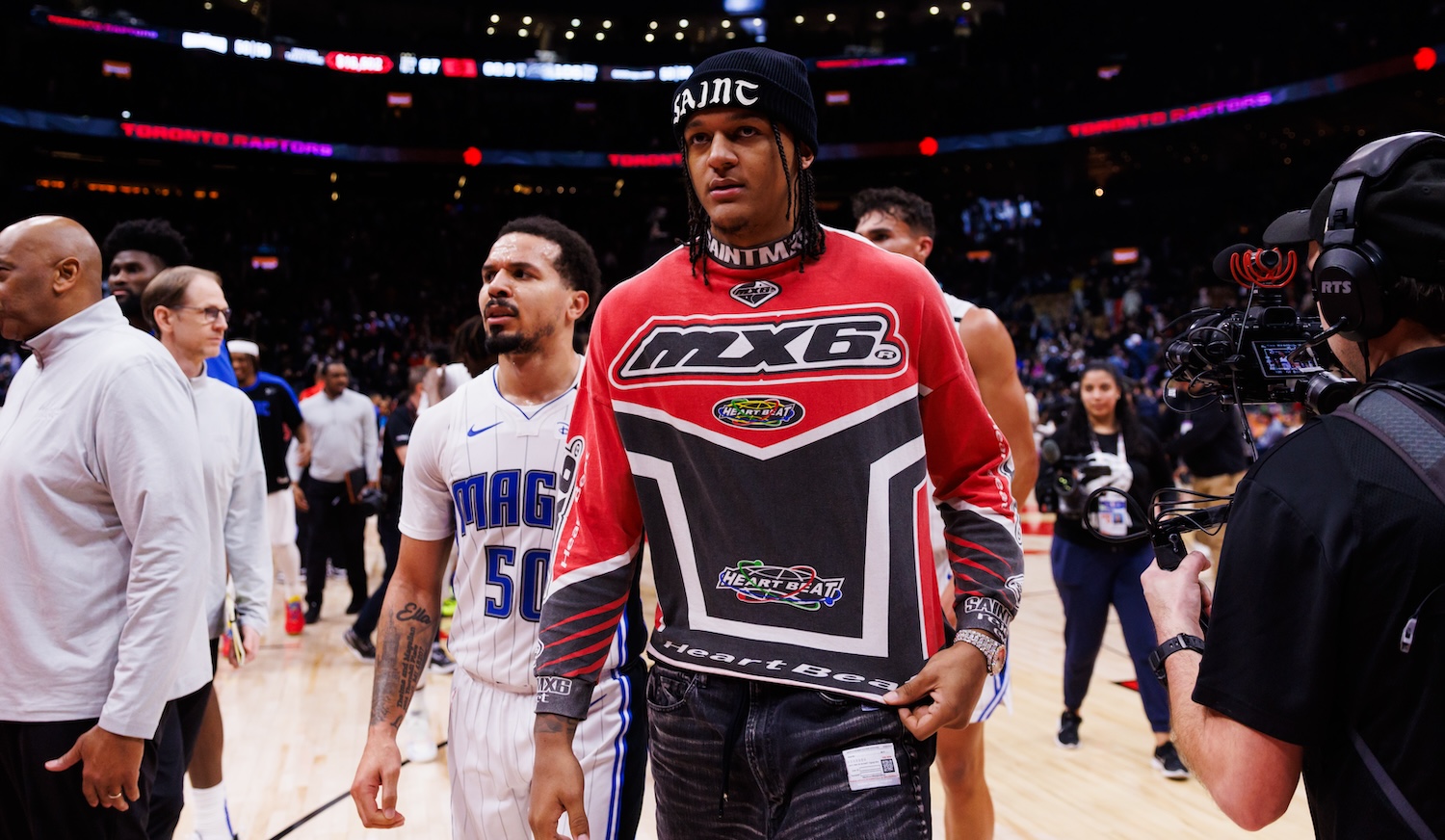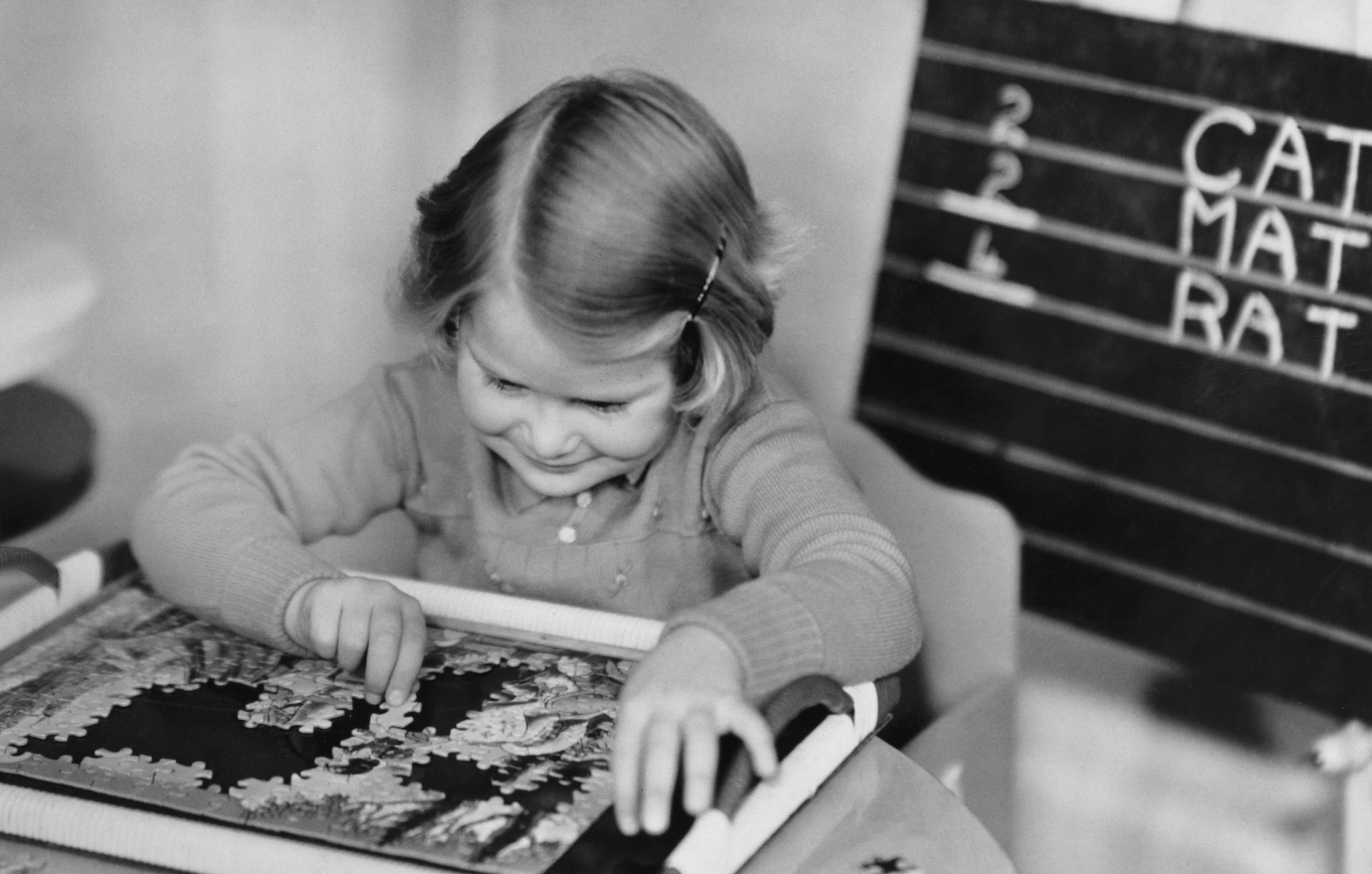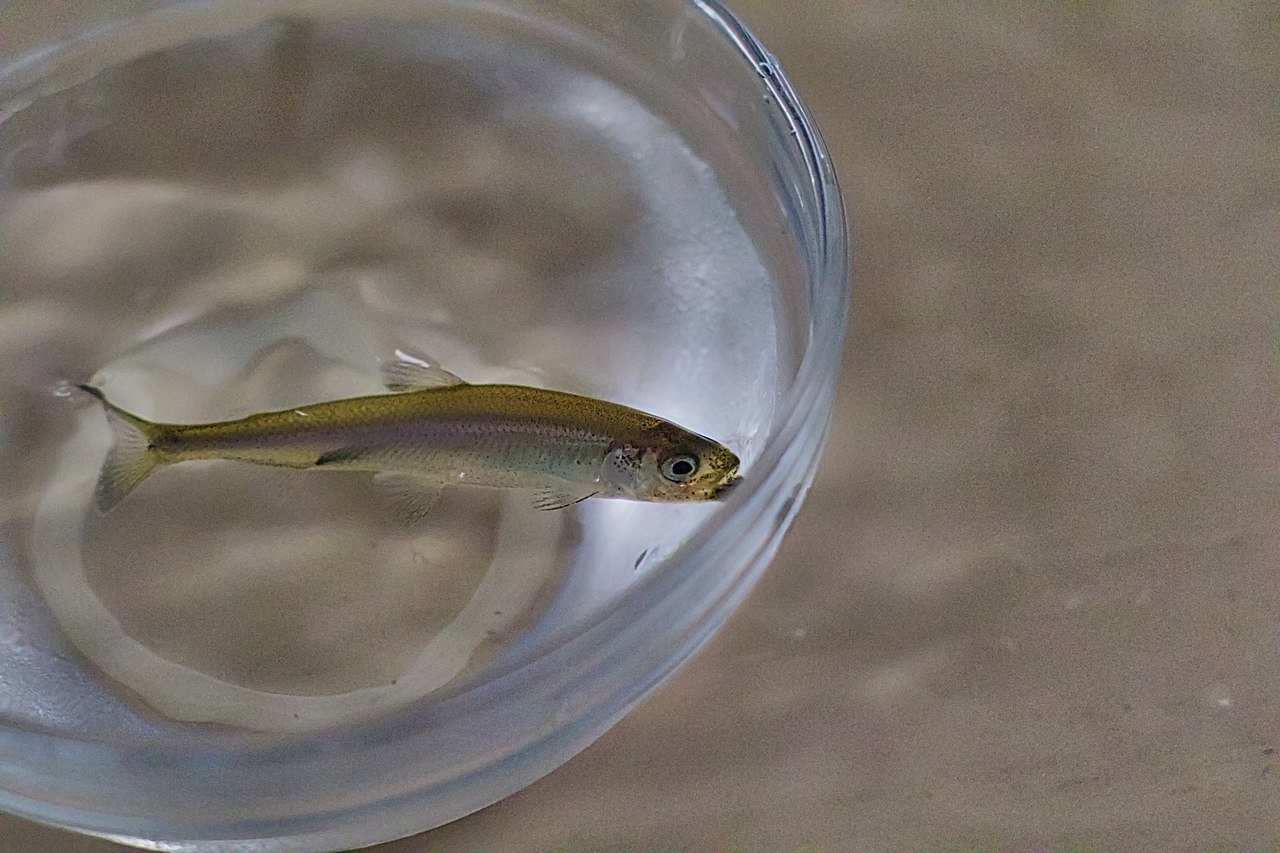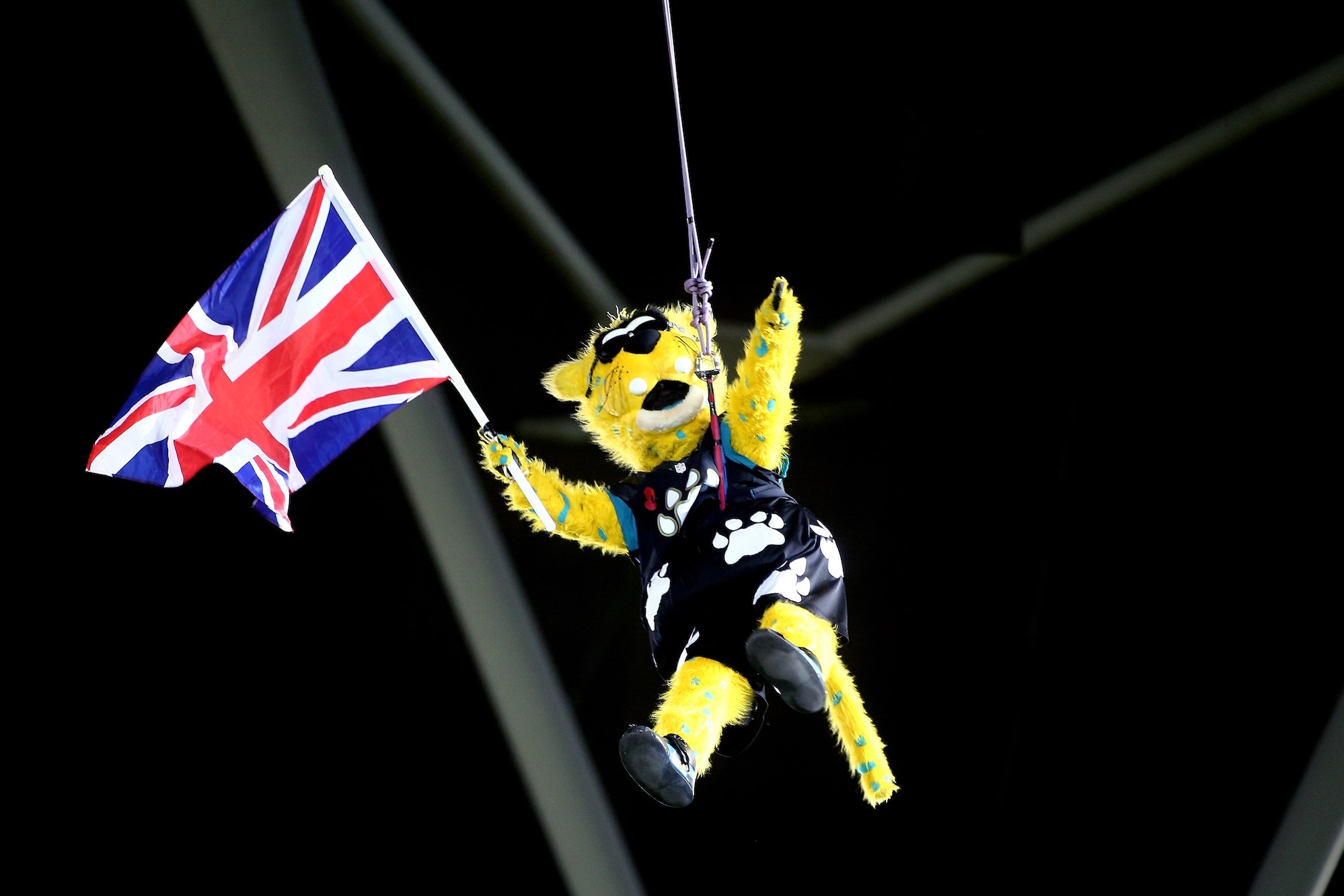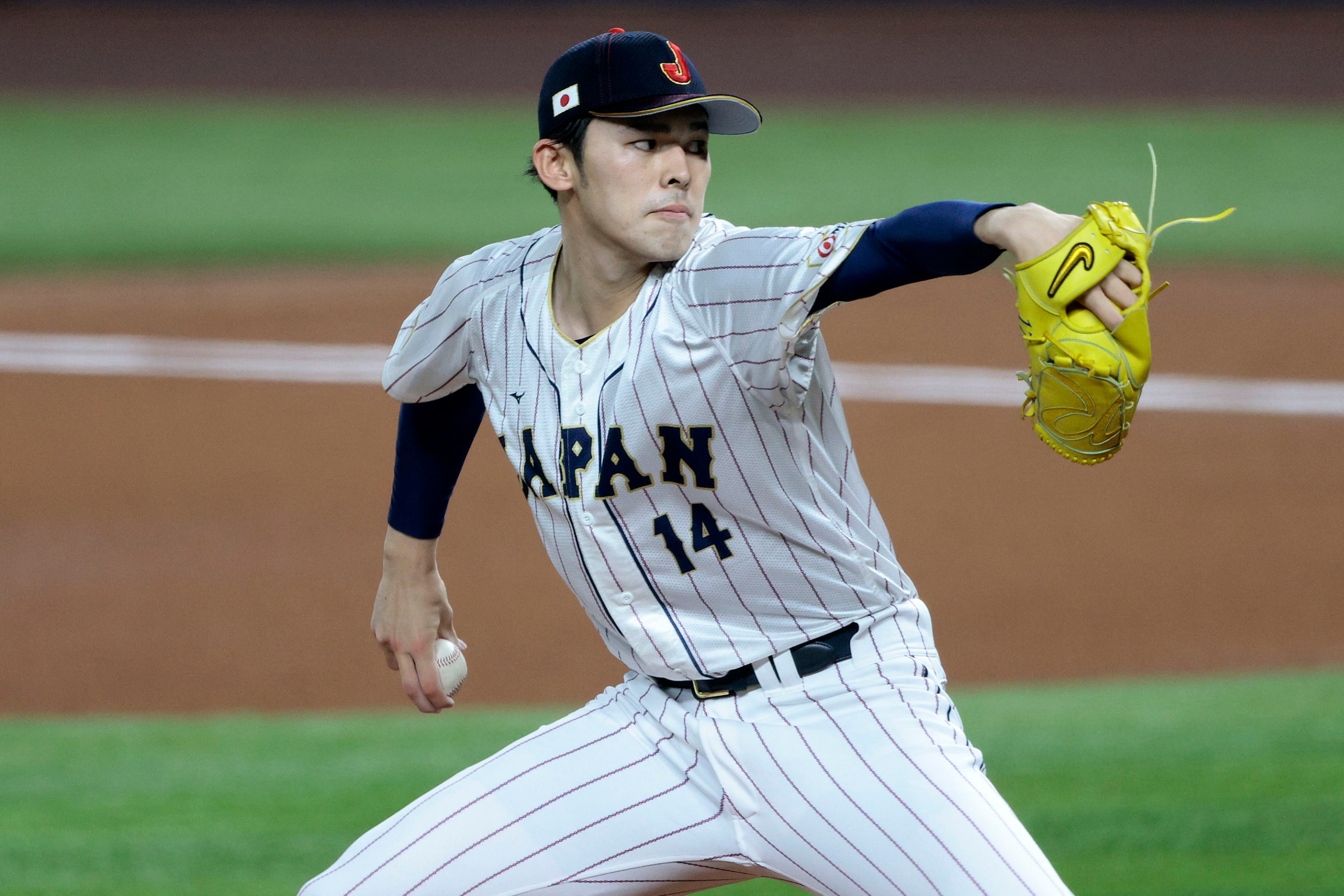Almost any long-term contract is going to look "bad"—i.e. unfavorable to ownership and for salary-cap purposes—in its last few years. That's by design. The idea with these things, generally, is that a cornerstone player gets less than his true value during his prime, when he's leading playoff runs and selling out seats, and then at the end, when he's creeping towards 40 and seeing all his stats in decline, he takes in more than he is presently worth.
By the end of the 2020–21 NHL season, Ryan Suter and Zach Parise were solidly into that backstretch of identical 13-year, $98 million contracts that they signed on the 4th of July in 2012. Even back then, it was easy to predict where the Wild would be right now. Parise, battling a bad back, just turned in the worst season of his career (excepting that time in 2010 when he tore his meniscus), while Suter, though still a decent defenseman, is nothing like the dominant force he was even five years ago. And of course the Wild have a massive percentage of their salary cap money tied up in just the two of them.
The problem is not where the Wild are now, but where they've been: Nowhere. While the signings of Parise and Suter helped ensure that the Wild always had something relevant to do in early spring, they never did much with it. In the duo's first year, they won one playoff game. In both their second and third years, they won in the first round only to be knocked out by Chicago in the next. And that was it. The Wild would go on to make the postseason in five of the next six seasons, but every single time they'd get eliminated in either the first or, worse, the qualifying round. The only time they even really put a scare into their opponents with this year, when they pushed a lackadaisical Vegas to a seventh game. Even the smoothest talker could not spin this era of Wild hockey as anything but a disappointment and a failure.
On Tuesday, Minnesota confronted the unwinnable situation in the most drastic way possible: They cut ties with both Parise and Suter by buying out their contracts. The shock move gives the Wild around $10 million in cap relief this summer, but for the next three years after this upcoming one, the team will be dealing with eight-figure dead cap hits for a pair of players who won't even be lacing up their skates for them.
“We got a big savings this year and it slowly—well not slowly, quickly goes down,” Wild GM Bill Guerin said after his decisions became public. “Look, we’ve planned out for all that stuff. We know what we’re in for, we know it’s going to be difficult, but we’re going to try and keep progressing.”
The parting with Parise was the much more expected offseason move for Minnesota. This year was a huge demotion for the former Team USA captain, as he played fewer than 14 minutes per game—the first time since his rookie year that he averaged below 17. That decline in status culminated in a healthy scratch for the first three games of the playoffs, and though he came back to score a couple of goals (one of them critical, one not) against the Knights, both sides seemingly agreed that they needed to move on from each other.
“In my mind, I don’t think anything was going to be any different next year,” Parise told The Athletic. “From the way the season started to where it ended up, it just kind of felt like this is where it was going to go. I didn’t really envision anything changing. It was a difficult season. I don’t really know how else to put it. I’ve never felt lower in my career.”
That the Wild broke up with Suter was the bigger surprise—most of all to Suter himself, who reportedly hung up on his now ex-GM after he was informed of the news. According to Guerin, he did it because there would be no financial benefit to buying Suter out any later than right now. But unlike the forward with whom he will forever be linked, Suter looks to have some valuable hockey left in him. Barring a suddenly steep decline from this past year, it's easy to imagine Suter as a defense-minded second-pairing guy on a contender, and he shouldn't have too much difficulty finding a new place to play. (Side note: Edmonton might be feeling pretty silly after they traded for Duncan Keith on Monday, now that a superior and cheaper veteran defenseman is out on the open market.)
Somewhat lost in all this, for now, is the potential fate of Kirill Kaprizov, the mop-topped Russian who took the league by storm last year and almost single-handedly made the Wild exciting to watch as he picked up a Calder Trophy win. He is a restricted free agent this summer, though he can't be offer-sheeted by another NHL team because of his limited seasons. But the ever-present threat of a return to Russia could make for some juicy drama up until (and maybe even through) the beginning of next season.
#mnwild & Kirill Kaprizov’s agent say Kaprizov is at a buddy’s wedding in Moscow. His agent gave the team a heads up.
— Michael Russo (@RussoHockey) June 18, 2021
As for CSKA rumors, that’s his only option besides signing with the Wild and they’ll offer him a ton of $, so expect those rumors as long as he’s unsigned here
Guerin, unfortunately, doesn't have a particularly strong pitch for Kaprizov. It basically amounts to: Trust me, I'll figure out how to build this team up eventually. Which is going to be tough with more than $12 million of dead cap space in each of the three seasons after next.
“Look, those years will be tough," Guerin said. "But we’re going to have to do a very good job of drafting players, and a very good job of developing players, and injecting some younger, cheaper players into our lineup.”
Living it up as a superstar in Moscow might sound a little more preferable to being the face of the mediocre Minnesota Wild. Maybe Kaprizov can ask Parise and Suter how that last one went.
